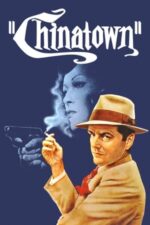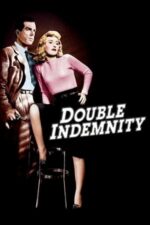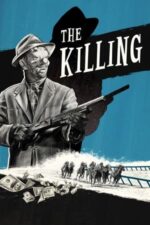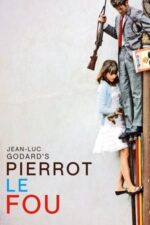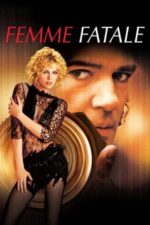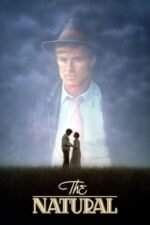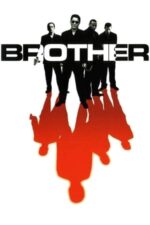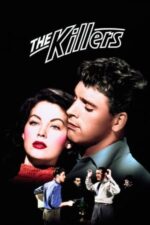More Than Just Lipstick: Exploring the Enduring Allure of the Femme Fatale
Okay, let’s talk about a cinematic archetype that just oozes intrigue: the femme fatale. It's a term we hear thrown around – often with a bit of a cliché attached – but when done right, this character is so much more than just a seductive villainess in a slinky dress. She’s a fascinating reflection of societal anxieties about female power and independence, constantly evolving across decades and genres.
The classic definition? A woman who uses her charm and sexuality to manipulate men for personal gain. Think Barbara Stanwyck in Double Indemnity, all calculated glances and veiled threats. But the beauty of the femme fatale is that she’s never been easily pinned down. She's a chameleon, adapting to the times while retaining that core element of dangerous allure.
What I find particularly compelling is how the archetype often arises when women are challenging traditional roles. Consider Neslihan in Serial Cook. On the surface, she’s the perfect Turkish wife and culinary expert – a picture of domesticity. But beneath that carefully constructed facade lies a chilling secret. It's not just about malice; it's about control, about reclaiming agency in a world where women were often expected to be passive and compliant. The film brilliantly uses this duality to explore the pressures of societal expectations and the potential for darkness simmering beneath seemingly perfect surfaces – something that resonates even today.
Then you have characters like the gang leader in Decoy. Her story isn’t just about criminal enterprise; it's a desperate climb out of poverty, a fight for survival fueled by circumstance. While her methods are undeniably ruthless, we see the forces that shaped her, prompting us to question the simplistic labels we often apply. It’s a far cry from the purely malicious motivations sometimes attributed to earlier femme fatales.
Even Zorro, surprisingly, touches on this theme! The character's transformation is driven by a desire for justice and protection – qualities traditionally associated with masculine heroism. But the underlying strength and cunning that propel him forward echo the traits we often associate with the femme fatale, albeit channeled into a more "acceptable" form of power.
The key takeaway? The femme fatale isn’t just about seduction; it's about power. It’s about women defying expectations, challenging authority, and carving out their own paths – even if those paths are paved with deception and danger. And that, my friends, is what makes her so endlessly captivating.
What films do you think best embody the femme fatale archetype? I'd love to hear your thoughts!





















